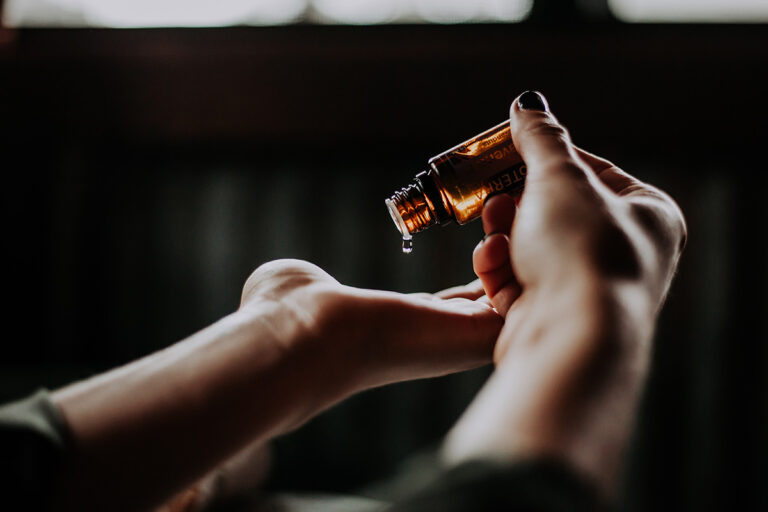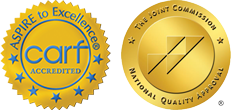Dealing with addiction is a complex and challenging journey, often requiring comprehensive and multi-faceted approaches to effectively address both the physical and mental aspects of the condition. In recent years, the incorporation of alternative therapies such as acupuncture and meditation into addiction treatment programs has gained traction due to their potential benefits in holistic recovery. These alternative methods have been recognized for their ability to provide relief from withdrawal symptoms, reduce cravings, and promote overall well-being. This article will explore the growing trend of using alternative therapies in addiction treatment, examining the benefits and scientific evidence supporting their implementation.
Acupuncture in Addiction Treatment
Acupuncture, a traditional Chinese practice that involves the insertion of thin needles into specific points on the body, has been used for centuries to treat various ailments, including addiction. The main principle behind acupuncture is to restore the balance of energy or “Qi” within the body, which is believed to promote healing and well-being.
In the context of addiction treatment, acupuncture has been particularly successful in managing withdrawal symptoms and reducing cravings. One widely used protocol called auricular acupuncture or “ear acupuncture” targets several points on the ear corresponding to specific organs and systems involved in addiction.
Several studies have demonstrated the potential benefits of incorporating acupuncture into addiction treatment programs. For example, a study published in the American Journal of Physical Medicine & Rehabilitation found that auricular acupuncture resulted in a significant reduction in withdrawal symptoms and drug cravings among cocaine-addicted patients. Another research article published in the Journal of Substance Abuse Treatment noted that addicts receiving methadone maintenance treatment and acupuncture had lower dropout rates and relapse rates compared to a control group.
Although further research is needed to understand the mechanisms and extent of acupuncture’s efficacy in treating addiction, it is evident that the practice can provide a valuable complementary therapy for individuals struggling with addiction.
Meditation in Addiction Treatment
Meditation is an ancient mind-body practice that has been utilized to promote relaxation, increased self-awareness, and emotional calm. In recent years, meditation has been increasingly incorporated into addiction treatment programs as an alternative therapy due to its potential to enhance recovery outcomes and support long-term sobriety.
Do you have a loved one struggling with addiction?
We know how hard that can be. Give us a call to find out what options you have.
Mindfulness-based meditation, in particular, has gained prominence for its focus on cultivating present-moment awareness and fostering a non-judgmental acceptance of emotions and experiences, including cravings and negative thoughts. This approach may help individuals develop healthier coping mechanisms and break the cycle of addiction.
Several scientific studies have provided evidence for the benefits of meditation in addiction treatment. A study published in JAMA Internal Medicine found that mindfulness-based meditation was effective in reducing smoking rates among treatment-seeking individuals, even for those with a history of multiple failed quit attempts. Another study published in the American Journal of Drug and Alcohol Abuse found that meditation-based treatments led to significant reductions in alcohol and drug use, as well as overall psychological distress.
Furthermore, research published in Addiction Biology suggests that meditation may have a neurobiological impact on individuals recovering from addiction, such as alterations in dopamine and serotonin levels, which could potentially alleviate cravings and diminish the risk of relapse.
While more research is needed to fully understand the mechanisms and long-term effects of meditation in addiction recovery, the practice has shown promise as a valuable alternative therapy for enhancing mental health and supporting sustained sobriety.
Conclusion
The inclusion of alternative therapies like acupuncture and meditation in addiction treatment programs is a testament to the growing recognition of the importance of comprehensive, holistic recovery approaches that address not only the physical but also the psychological and emotional aspects of addiction. Scientific evidence has highlighted the potential benefits of these therapies in managing withdrawal symptoms, reducing cravings, and improving overall well-being during recovery. As the addiction treatment landscape evolves, it is essential to continue exploring and integrating evidence-based alternative therapies that enhance the efficacy of treatment for individuals grappling with addiction.





